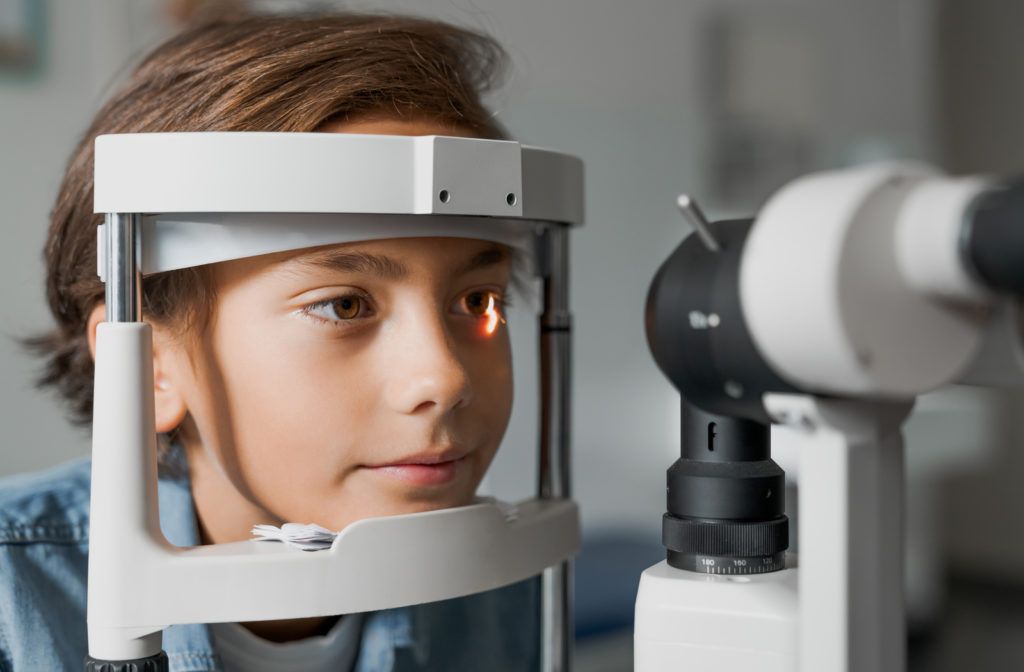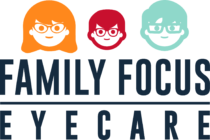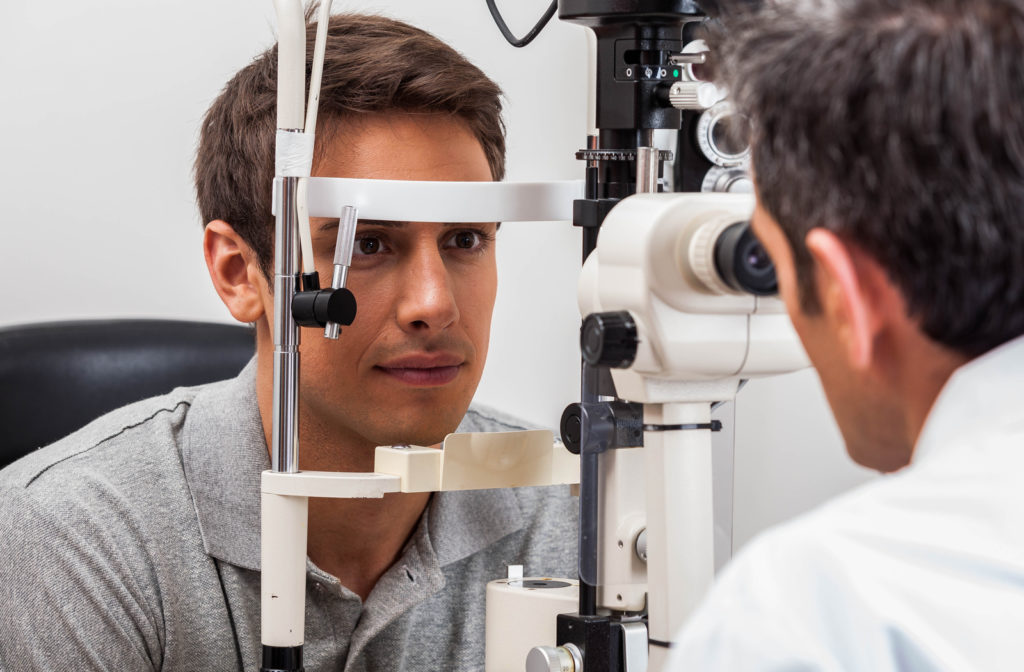Heading to your optometrist for an eye exam can sometimes be complicated with your busy schedule. Knowing how often you should go and what goes into an eye exam can help ease an eye exam into your schedule.
Let’s explore what an eye exam entails, how often you should get an eye exam, and some benefits of maintaining a consistent eye exam schedule.
What Happens During an Eye Exam?
An eye exam involves several tests to evaluate your vision and check for any anomalies and eye diseases. Each test during an eye exam evaluates a different aspect of your vision and eye health.
Eye exams are a crucial part of your overall health care, so before your exam, you’ll be asked questions that cover a range of topics such as:
- Social factors
- Family medical history
- Known eye conditions
- Total body symptoms
- Insurance information
These steps ensure your optometrist has a complete picture of your health and can give a headstart on any issues to look out for.
The next step is undergoing the eye exam itself. During the exam, your optometrist will cycle through a variety of tests.
These tests will cover:
- Visual acuity—measures how well you see at near and far distances.
- Refraction—used to get your eyeglasses prescription and measure the different strengths in front of your eyes.
- Functionality assessment—an eye muscle test that is performed to evaluate any weaknesses.
- Pressure measurements—also known as tonometry, is a quick and simple test that checks the pressure inside your eyes.
- Overall eye health—an all-encompassing test to find any issues or anomalies.
Detecting any vision problems is essential and can offer clues to your overall body health.
Following your exam, a vision therapy plan will be prepared for you based on the results of the testing. Your optometrist will structure this plan around if you need corrective eyeglasses or contact lenses.
Knowing what goes into an eye exam can help you become more comfortable with the process. You may be wondering if children’s eye exams follow a similar approach—let’s take a look.
Children’s Eye Exams
Developing good habits at an early age is important, and it’s no different with vision care. Children’s eyes develop and change frequently throughout their school years, so maintaining a consistent eye exam schedule is essential.
Unlike adults, children may not realize their vision isn’t normal or that something is wrong. There are some signs to look out for to indicate that you should take them in for an eye exam right away.
Some of these signs include:
- Squinting
- Holding items closer to their face
- Excessive eye rubbing
- Headaches
- Eye pain
- Trouble concentrating and focusing
Some of these signs can indicate refractive errors. A comprehensive eye exam can help your optometrist determine what visual aids your children may need.
Frequency of Eye Exams
Now that you know what to expect when you go in for an eye exam, it begs the question—how often should you get an eye exam?
Adult & Senior Eye Exams
For adults, it’s recommended that you go for yearly eye exams. Remaining consistent with this yearly eye exam schedule becomes more important as you age. As you age, the eye’s lens becomes less flexible and less able to thicken, resulting in a compromised ability to focus on nearby objects.
With yearly exams, vision problems can often be detected before you notice a change in your eyesight so consistent visits are a great step for care and prevention.

Children’s Eye Exams
For children, because of the developmental period and their ever-changing vision—it’s recommended to follow a frequency for comprehensive exams:
- One baseline exam between the ages of 6 and 12 months
- A comprehensive exam at age 3
- Comprehensive annual exams starting at age 4
Vision care needs to start early with your children. Following a structured frequency of exams can make a massive difference in the early detection of any vision issues.
Setting Your Vision up for Success
Staying on top of your eye exam schedule is about practicing consistency. Of course, going for an eye exam outside of the recommended frequency is about your needs and dealing with any eye issues that may appear.
Book an appointment with your optometrist today to learn more about eye exams and create a consistent eye care schedule.



